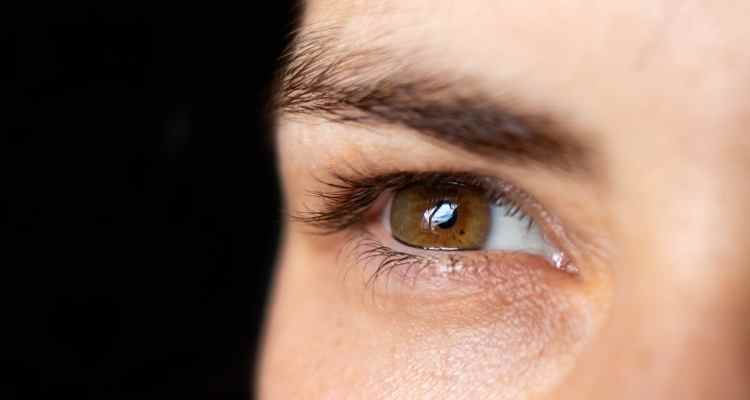Keratoconus affects your cornea and general vision in the long term. Through personalized and expert eye care, you may be free of keratoconus and related eye conditions that may limit your vision. Atlanta Vision Cataract and Laser Center offers a wide range of Atlanta keratoconus treatment options to maintain healthy vision in Georgia. If you need to identify keratoconus early or inhibit further progression, reach out via phone or online platforms today.
What is Keratoconus?
The cornea is a see-through outermost lens on your eye’s surface, protecting your eye from dust, debris, and other foreign particles. It also controls focus and regulates the light entering your eye.
Keratoconus refers to an eye disorder in which the dome-shaped cornea grows thinner and grows into a cone-like bulge. In due time, you may develop a major visual impairment that may prevent you from working on a PC, driving, or reading a book.
Early Symptoms of Keratoconus
In the earliest stages, keratoconus may cause cloudiness, slight blurring, cloudiness, distorted vision, and heightened sensitivity to light. Most symptoms appear in your twenties or late teen years but may progress for about twenty years before decelerating and stabilizing. The right and left eye’s reactions may have slight differences, resulting in different long-term effects.
Causes of Keratoconus
Scientists are yet to prove the most precise cause of keratoconus from a wide range of risk factors. Keratoconus is linked to genetic orientation and eye rubbing. If your family member has keratoconus, you may be among the 15% of individuals highly vulnerable to keratoconus.
Treatment for Keratoconus
Your ophthalmologist considers the severity of your symptoms and the speed at which your symptoms are progressing. You may qualify for treatment options like:
· Intacs. In this procedure, your ophthalmologist introduces inserts on your cornea to improve its shape and slow keratoconus’ progression.
· Contact lenses. If detected in the early stages, keratoconus can be treated through contact lenses or glasses. Long-term changes in your corneal shape make rigid gas permeable (RGP) lenses better equipped to improve your visions.
· Corneal transplant. A corneal transplant is usually the last resort reserved for a patient with advanced keratoconus. Your ophthalmologist considers the severity of your symptoms and your ability to benefit from corneal collagen cross-linking contact lenses or glasses.
· Corneal collagen cross-linking. A corneal collagen cross-linking stands out among innovative, simple, and pain-free treatments for keratoconus. It is recommended for about fifty percent of patients looking to flatten out corneal bulges to improve vision. Ophthalmologists use a local anesthetic to improve your comfort throughout the procedure.
Your surgeon removes the cornea and applies Vitamin B2 (riboflavin) drops to your eye before applying UV light to your cornea. The next step involves introducing temporary contacts on your eye to protect it for more coming days. Your after-care instructions may include detailed directions on how to administer B2 eye drops to control your keratoconus.
Other Services Offered at Atlanta Vision Cataract and Laser Center
· Cross-linking
· Cataracts
· Selective laser trabeculoplasty
· LASIK surgery
· Astigmatism
· Macular degeneration
· Diabetic retinopathy
· Glaucoma
· Contact lenses
· Eye exams
· Dry eyes
Atlanta Vision Cataract & Laser Center welcomes new and subsequent patients in need of keratoconus treatment and related conditions. The practice focuses on delivering fully customized treatment plans for long-term relief and effective maintenance for your sight.

